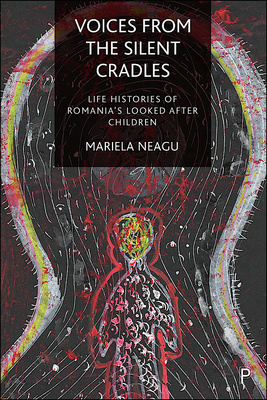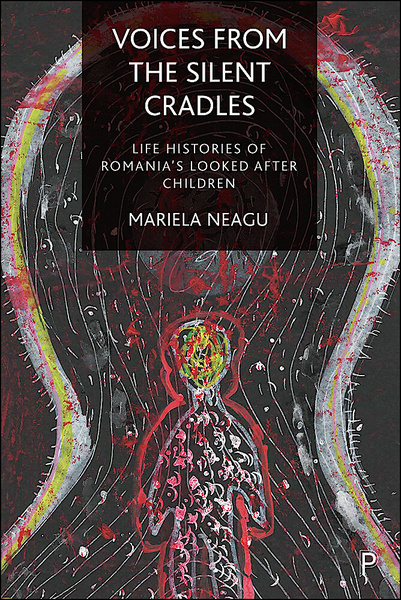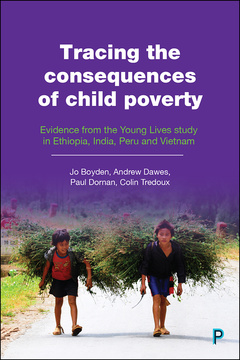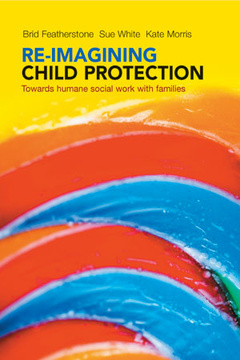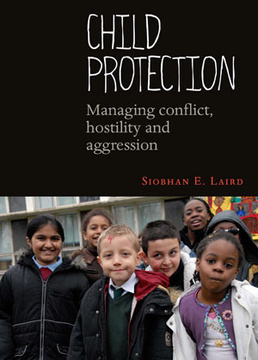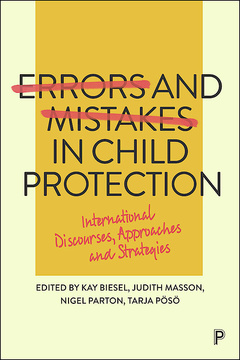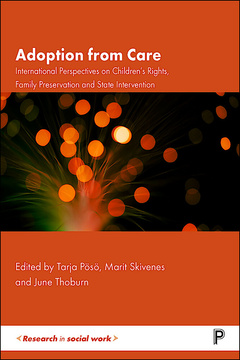Published
Jan 10, 2023Page count
242 pagesISBN
978-1447357995Imprint
Policy PressPublished
Jul 30, 2021Page count
242 pagesISBN
978-1447357988Dimensions
234 x 156 mmImprint
Policy PressPublished
Jul 30, 2021Page count
242 pagesISBN
978-1447358008Imprint
Policy PressPublished
Jul 30, 2021Page count
242 pagesISBN
978-1447358008Imprint
Policy PressIn the media
On our blog: The politics of good intentions and what I’ve learned from Romania’s ‘orphans’
In 1990, disturbing television footage emerged showing the inhumane conditions in which children in Romanian institutions were living. Viewers were shocked that the babies were silent. The so-called ‘Romanian orphans’ became subjects of several international research studies. In parallel, Romania had to reform its child protection system in order to become a member of the European Union.
This book sheds light on the lived experiences of these children, who had become adults by the time the country joined the EU. Uniquely, the book brings together the accounts of those who stayed in institutions, those who grew up in foster care and those who were adopted, both in Romania and internationally. Their narratives challenge stereotypes about these types of care.
“The strength of this book is that it is much more than a collection of personal histories. The reader is not only presented with deeply moving accounts of the good and the bad, but also discussion about the factors affecting young people’s life chances, along with lessons for current policy and practice.” Adoption & Fostering
“Powerful and emotionally rich… the book should be of interest to social workers, students of the humanities, historians and human rights professionals.” The British Journal of Social Work
“The rich detail Neagu presents of institutional and foster care and domestic and intercountry adoption, highlighting the importance of personal relationships and identity, provides a compelling basis for evaluating those systems.” John Eekelaar, Pembroke College, Oxford
"This book demonstrates powerfully how badly wrong things can go when children's rights are ignored, and the importance of including children's views and experiences in planning policies for them.” Virginia Morrow, University College London
"With powerful stories from her own Romania, Mariela Neagu highlights how quality rather than type of care matters most in achieving the best for children living apart from their families." Robert Gilligan, Trinity College Dublin
Mariela Neagu has a doctorate in Social Sciences and a master’s degree in International Human Rights Law from New College, Oxford. She is a former minister for child welfare in Romania and influenced the reform of the child protection system there while working for the European Commission office in Bucharest.
1. Introduction
2. Romania: what underlay the orphan crisis
3. Where do children go when they can’t stay with their families?
4. Childhoods in care
5. Teen years in care and their ways out
6. Exploring life trajectories: what mattered to them
7. The benefit of hindsight: learning for policy and practice







